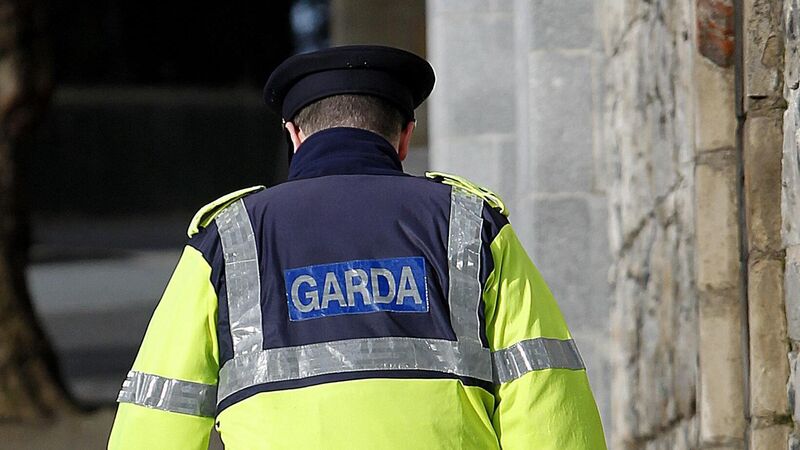An Garda Síochána criticised for 'ultra-conservative' ban on visible tattoos

The president of the Garda Representative Association Brendan O'Connor said An Garda Síochána should look at updating its strict rules. File picture
The Garda dress code has been described as "ultra-conservative" after it emerged three Garda recruits were sent home from training due to their tattoos.
At a time when An Garda Síochána is facing a recruitment and retention crisis, there has been criticism of the decision to turn away cadets over visible tattoos.










